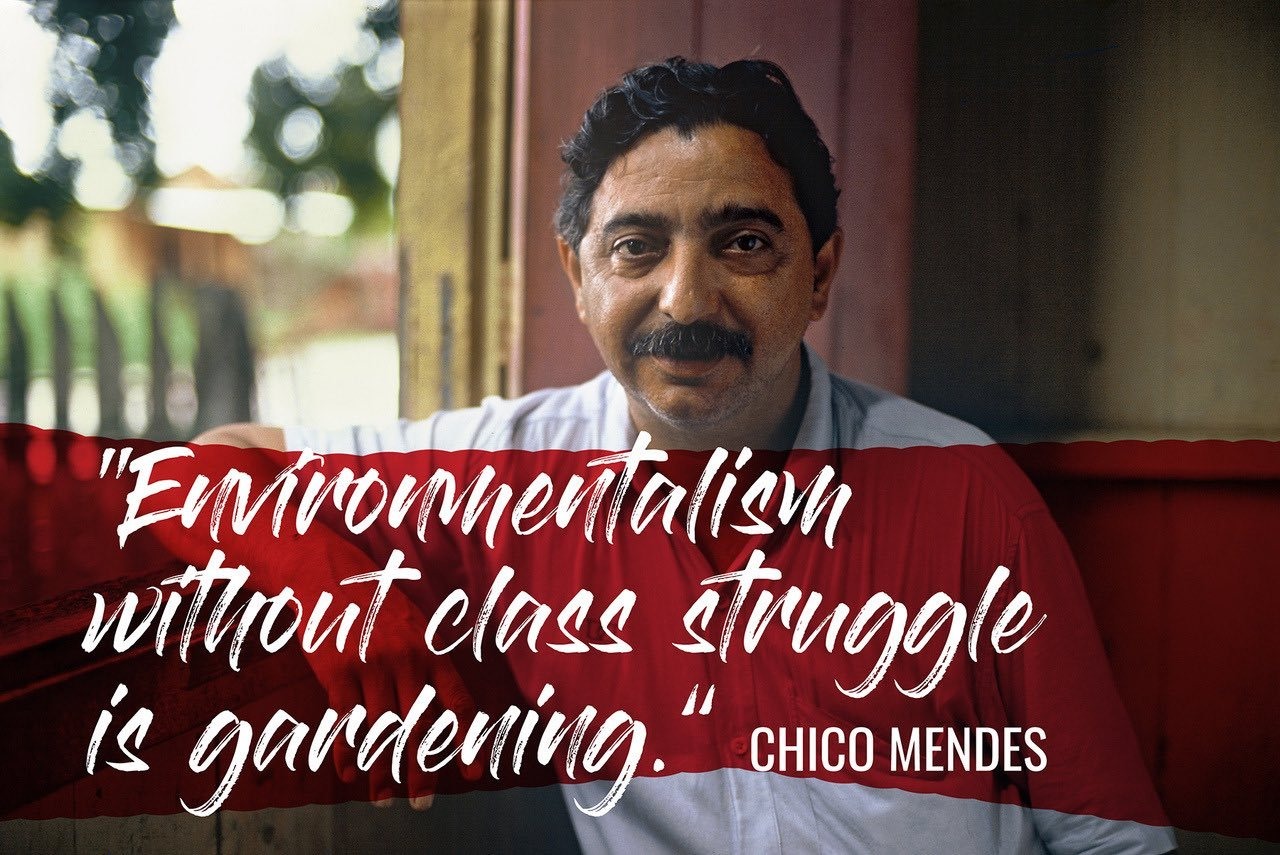
The accelerating pace of climate change linked to greenhouse gas (GHG) emissions includes the alarming news that average temperatures are rising in Canada by a rate 2.5 times faster than other parts of the planet. Canada is projected to fall far short of the minimal goal of a 30% cut in emissions by the year 2030, and the tipping point of irreversible climate change is now expected within a decade. This global crisis calls for emergency measures by all governments. While this includes recognition of the embedded environmental costs of fossil fuel use, simply imposing carbon taxes in the form of increased fuel prices would impose enormous costs on working people rather than on the corporations which have driven GHG emissions for profits. A much more comprehensive policy is needed to reduce Canada’s carbon footprint.

Under democratic control and planning, operated in a transparent manner that ensures responsible economic, social and environmental stewardship. Only public ownership can make it possible to dramatically reduce carbon emissions and to put the interests of people and the environment ahead of private corporate profits.
which aim to boost profits at the expense of Indigenous rights and the health and safety of people. Cancel all pipeline projects that enable the maintenance and expansion of tar sands extraction, and halt all fracking operations. Phase out nuclear energy and the tar sands operations, and guarantee jobs at equivalent wages for energy workers in the renewable energy sector and in other sectors of the economy.
especially from industrial sources, that would reduce emissions to zero by 2050. Impose strong penalties for corporations which break the law, including jail time for corporate executives.
ending the huge carbon footprint related to deployment of fighter-bomber jets, the naval fleet, and other military purposes.
This plan will tackle urgent social, economic, transport and environmental priorities; and increase investment in sustainable industrial processes. The plan will also expand renewable energy sources, especially solar, wind, hydro and geothermal power.
Free public transit in all major cities, and encourage alternatives such as cycling, walking. Build affordable and rapid interurban rail transit and a bus service for passengers. Set much higher fuel efficiency standards for vehicles built and sold in Canada; establish a Canadian automobile industry to build affordable and fuel-efficient electric vehicles.
One million units of rent-geared-to-income at 20% social housing under democratic control using green technology.
Upgrade and maintain existing housing units to be safe, secure, affordable, accessible and environmentally sound.
Set higher standards for product design, reduced packaging, labelling and collection after use to improve waste diversion rates.
Reduce energy costs by promoting sustainable domestic agriculture and farmland preservation.
that include production, distribution, transmission and bulk electricity system market, to ensure affordable, safe and reliable power supply for industrial and residential use.

A successful struggle to implement these policies requires building a powerful coalition of people’s movements, including environmentalists, the trade unions, Indigenous peoples, and all those who defend the interests of people and the environment. Such a “People’s Coalition” could lead the fight for decarbonization and many other reforms, with the potential to form the basis for a broader political challenge against the domination of big business and pro-corporate political parties. By winning a majority in Parliament, a People’s Coalition could open the door to fundamental changes, including economic and social reforms to shift from private ownership of wealth and resources, towards a socialist society based on democratic public ownership and working class political power. This is the way to tackle the climate crisis and to win a world of peace, freedom and social justice.